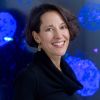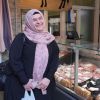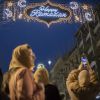“A sign of coming together”
For the first time Ramadan illuminations are lighting up the centre of Frankfurt. Mayor Eskandari-Grünberg tells us about the importance of openness towards other religions.
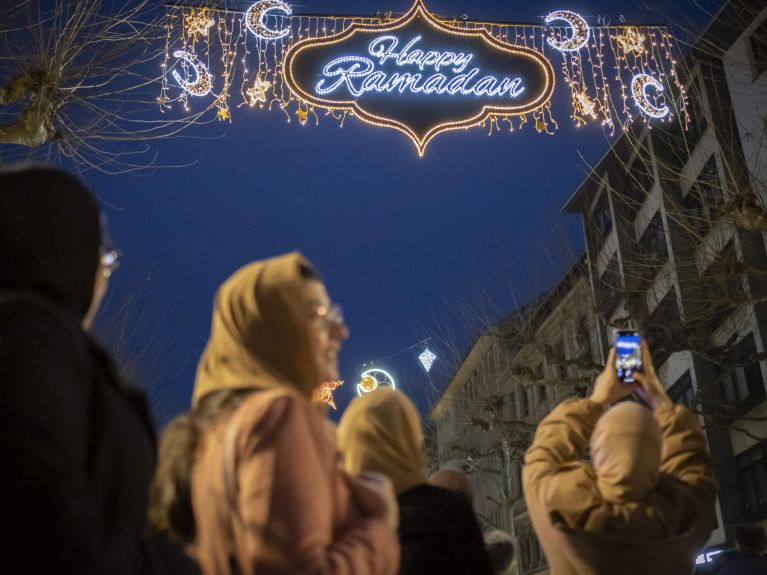
Nargess Eskandari-Grünberg is the mayor of Frankfurt am Main and represents the Alliance 90/Green parties. She is also council portfolio holder for diversity, anti-discrimination and social cohesion. She came to Germany as a refugee from Iran, and now the psychotherapist works for religious acceptance and tolerance in the diverse and multicultural metropolis.
Nargess Eskandari-Grünberg, what do you stand for in your work?
I stand for people living together. Crises are on the rise around the world. Society is more divided than ever and parts are full of hatred. What matters to me is that we work together to improve our social climate. Right now it needs our every effort against far-right extremism, antisemitism, racism, anti-Romany racism, queerphobia and Islamophobia.
What is the role of religious acceptance in social cohesion?
Freedom of religion is an achievement which was enshrined in Germany’s Basic Law in the aftermath of the Holocaust. It’s important that we as a society demonstrate tolerance for religions. But on that point I want to stress that tolerance doesn’t just mean tolerating your own religion. It means showing tolerance for other religions, too. It means joining hands with one other. It means standing together for diversity and living together as equals. In Frankfurt am Main we live in one of the most diverse and multi-religious cities in Germany. That’s the reality of our lives. We can’t close our eyes to that reality. Doing that would only isolate us from one another.
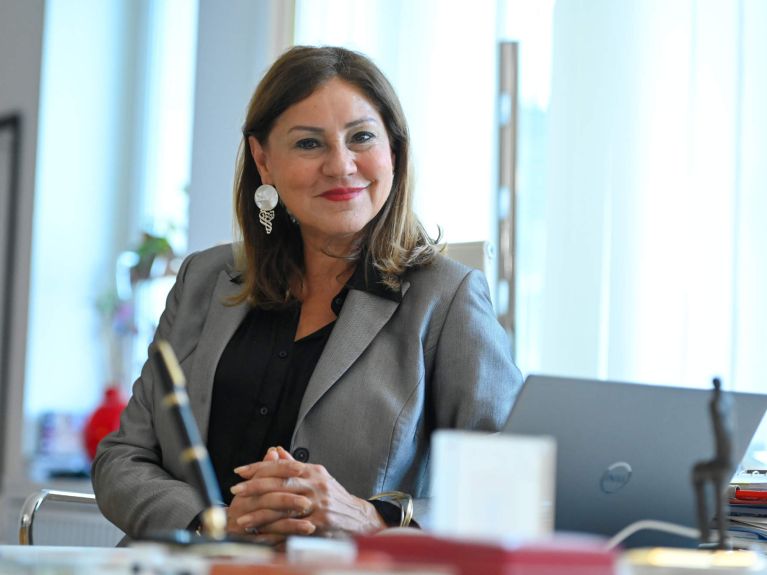
At the beginning of Ramadan, the Islamic month of fasting, you switched on the first public “Happy Ramadan” illuminations in the Frankfurt city centre. This was the first time this has taken place in Germany and the event attracted several hundred people. What was your experience of that moment?
That moment was completely overwhelming for me. I didn’t know what to expect, as beforehand I had been hearing all those critical voices, but that turned out not to be the case when we switched the lights on. All around me were eyes filled with joy, delighted children, many people taking photos of the illuminations and even calling their relatives to tell them about this incredible event. People were sharing out sweets and dates.
There is a symbolic power to the fact that Islamic festivals are now represented in public spaces in addition to Christian festivals. What motivated your decision and what does it stand for?
The Ramadan illuminations came about from an SPD initiative and were agreed at a council meeting in 2023. That actually has huge symbolic power. It’s a sign of tolerance and coexistence in a time of crises. On the one hand, for me it represents recognition and sends out a signal to the Muslims of our city. But on the other hand, it’s also a commitment. A commitment that we must all fight antisemitism on the basis of Germany’s Basic Law, and show tolerance towards our fellow people.
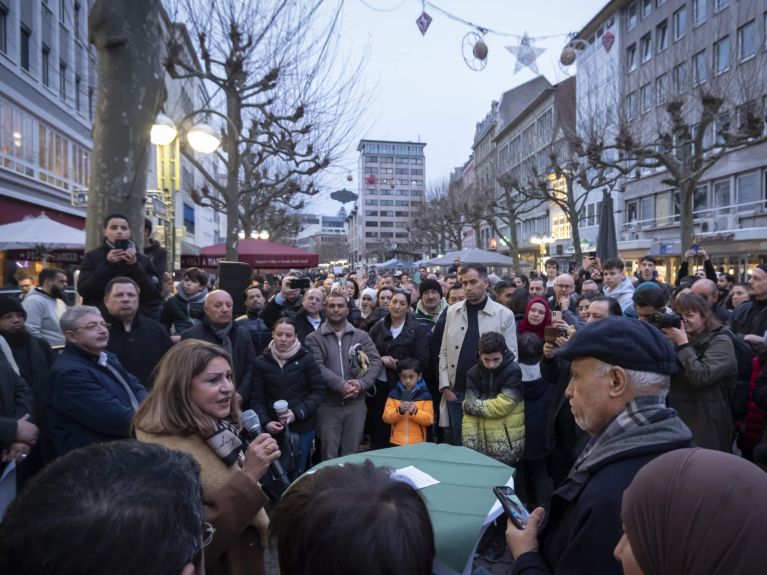
How have Muslims in Germany reacted?
I have had very positive feedback. People were touched. One young man told me it was a historic moment which he would one day tell his children about. Another family said thank you and wrote to me to say they would make a special trip from Stuttgart with their little children. I think the way Ramadan illuminations have prompted such a positive response from Muslims is linked on the one hand to the fact that, for them, Ramadan is a unique month of self-reflection and coming together. But at the same time, it has to do with the fact that people feel seen. Part of their identity is being made visible in the very centre of Frankfurt, and that means a huge amount.
You suffered persecution in Iran for your opposition to the oppressive regime led by the mullahs, and in 1985 you fled to Frankfurt with your daughter. In 2021 you became the first refugee to be elected a mayor in Germany. How does your turbulent life story affect your political work?
My story stands for the journeys which many people in our city have taken in their lives. My life story made me who I am today. For me, acting with humanity towards others is always at the core of what I do.
